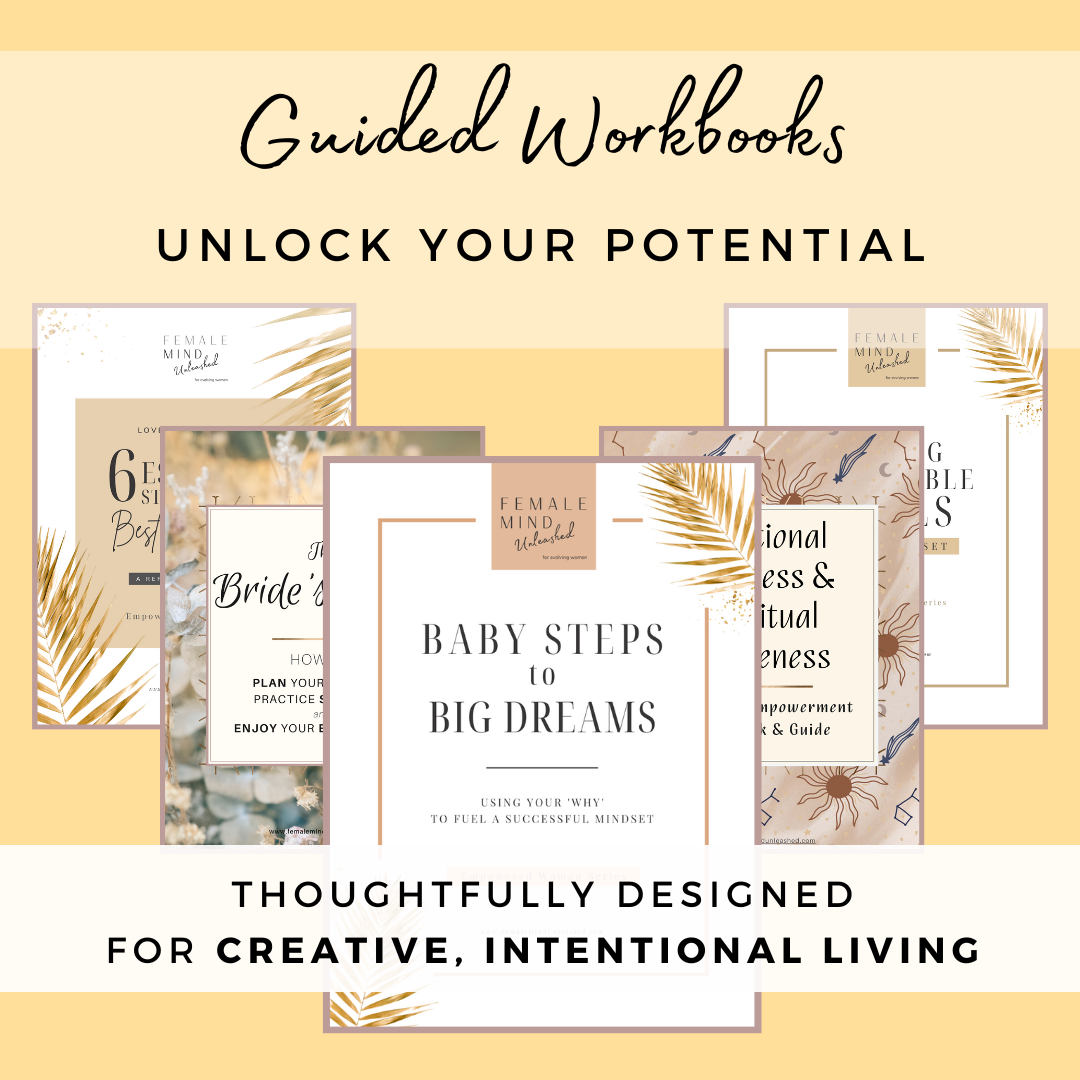How To Ditch The Need To Be Right (And Save Your Relationships)
Ever felt the need to be right creep up on you and dominate a conversation or argument?
You’re not alone. But…
It’s not always productive, even if it feels good to ‘win one’ in the moment.
Can it actually be wrong to be right?
Well, kind of.
As much as we all love the feeling of being the smartest in the room, there are definite occasions when it can backfire.
Here you’ll discover six signs that your quest for righteousness is hurting situations more than helping them, especially in your relationships.
Don’t let this discourage you – there’s always an appropriate time to showcase your smarts and intellect. But intelligence is amplified tenfold when throupled with emotional intelligence and awareness.
So, review the signs below and learn how to show up in future conversations, meetings, arguments, or whatever without resorting to the never-appreciated “see, I told you so”.

6 Signs You Need To Break Up With The Idea of Always Being “Right”
1. You lose the opportunity for connection
Perhaps the first thing we need to acknowledge when talking about the age-old ‘right vs. wrong’ scenario is that not everyone operates on the same belief systems.
Even if you identify as someone whose beliefs are stark black and white, many others move around between shades of grey.
The ego is opportunistic for everyone, but not always in the same ways. Even if you’re well-matched with someone whose opposing opinion is as stubborn as your own, you will always sacrifice connection if your motive is strictly selfish.
The need to be right creates a wedge in relationships from every angle. If you remove “right” and “wrong” from the conversation entirely, you can focus less on pride and more on the topic at hand (and compromising).
2. You lose sight of someone else’s perspective
The driving need to be right hurts relationships of all kinds because it removes your ability to see the other person as anything other than an obstacle to your vision of justice.
Unless you’re a trained lawyer, this dramatically limits how you listen, engage, and become curious with them. Your main motive becomes winning; forget compassion!
When you lose sight of someone else’s perspective, you lose the humanity of the conversation, and you better believe they notice.
Over time, it may be more difficult for you to relate to others if you’ve made a point of defending your point-of-view rather than opting in for mutually beneficial compromises.
3. You’re not a gracious ‘winner’
Please, for the love of all things holy, retire for-absolute-ever the sanctimonious words “I told you so”.
Not one person has welcomed those words to their ears. Ever.
If you’ve ever chosen to proclaim this phrase after you ‘called it’, consider the damage this does to your relationships: you are effectively prioritizing your personal need for a quick ego boost over the other person’s actual experience (which usually, in cases like this, are not desirable).
Next time you’re in a situation that beckons the impulse to remind everyone you ‘knew this would happen’, choose instead to be a source of support and compassion.
The positive response might surprise you: trust, love, connection.
4. You stop thinking creatively
When you key in on being right above all else, you diminish your ability to think and problem-solve creatively.
The reality is that you can’t evaluate most situations on the extremes of black and white alone. We exist in the grey; there is always more than one way to get somewhere or get something done.
When you box in your beliefs just to angle for a definitive victory, you miss out on the opportunity to expand your mindset!
Yep, you might also miss that prideful point of “winning”, but future-you won’t mind at all that you’ve swapped it out for personal growth.
5. You use it against the other party
No one likes to be reminded they were wrong.
First of all, the word “wrong” is unhelpful in many situations. It implies a shift in the balance of power in what should be an equitable relationship.
Second, it peels the dignity away from the other party. If your partner, coworker, or friend was gracious enough to tell you you were right about anything, you need to leave it in that moment. Give people the space they need to learn lessons on their time and at their own pace.
Otherwise, repeated follow up becomes uncomfortable and, at worst, intimidating.
Whether you’re right or not, embrace the motto “live and let live” and move on.
6. You focus more on ‘winning’ than being understood
You’re not alone if you’ve ever found yourself in a situation where being right means more to you than being understood. They are not the same thing.
Seeking to be right is an attempt to overpower the situation or another party. And it’s often a sign of hostility and deeper anger.
Seeking to be understood is a vulnerable plea for connection and empathy.
One will hurt a relationship, while the other helps it grow. It’s not easy to change our ways, but if you baby-step toward helping others understand you and let go of the reigns of righteousness, your relationships will flourish.
What’s your experience grappling with the need to be right?
Do you find that winning arguments deepens your connection with others or hurts it?
What are your tricks for letting the ego go when you’d rather not?
Recalibrating how you communicate with others won’t just happen over night. Yet your self-awareness and commitment to personal growth will pay off and positively impact all of your relationships.







